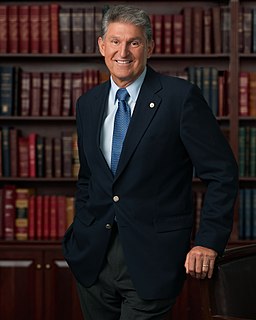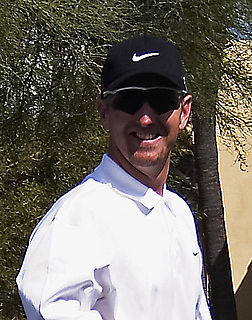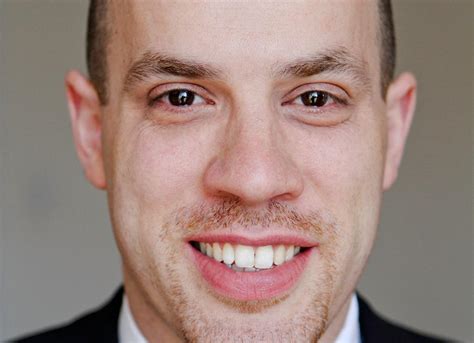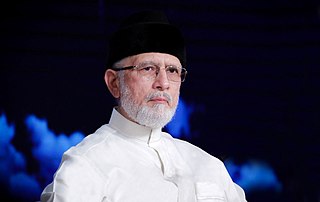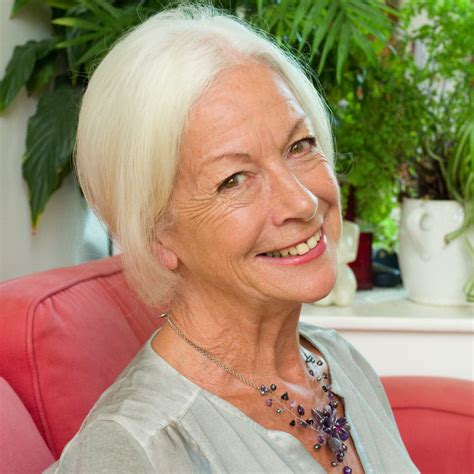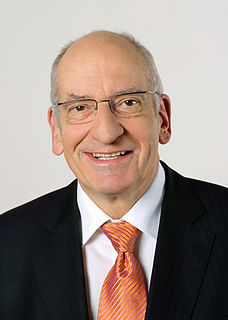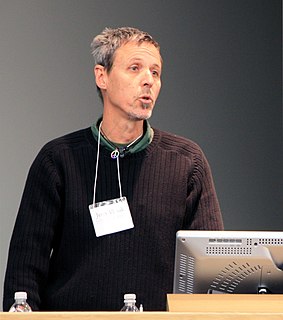A Quote by Hugo Chavez
If we reduced the military expenses in 10 percent of the world, we would have enough money to save millions of lives in this world.
Related Quotes
80 percent of the export of armament in the world comes from the G8 countries. [The] United States alone exports about 50 percent of the world's armament, [for] which, of course, there has to be buyers, and the buyers are very terribly keen, very often military dictator[s] or sometimes not military dictator[s] but for military purposes. But the sellers are also promoting this trade. And two thirds of the arm exports go to developing countries. I'm in favor of putting a control on it, a ban on it.
Bombing embassies or destroying non-military installations like the World Trade Center is no jihad. “[T]hose who launched the Sept. 11 terrorist attacks not only killed thousands of innocent people in the United States but also put the lives of millions of Muslims across the world at risk. Bin Laden is not a prophet that we should put thousands of lives at risk for.
I remember Secretary of State [George] Shultz one day saying that America is an economic model for the world. I replied to him that America represents 5 percent of the world's population and consumes 30 percent of the world's energy. What if everyone in the world lives like Americans? Where do we get the energy for this standard of living?
If you look at the expenses of a great pharmaceutical company, they pay between about 10 to 15 percent of their expenses for research, but they use 30 to 40 percent of their incomes for marketing and promotion. It is not completely wrong that they spend so much, but it is not correct to say that there is a direct connection between the price of drugs and the cost of research. It could be more between the cost of marketing and the cost of the drugs.


